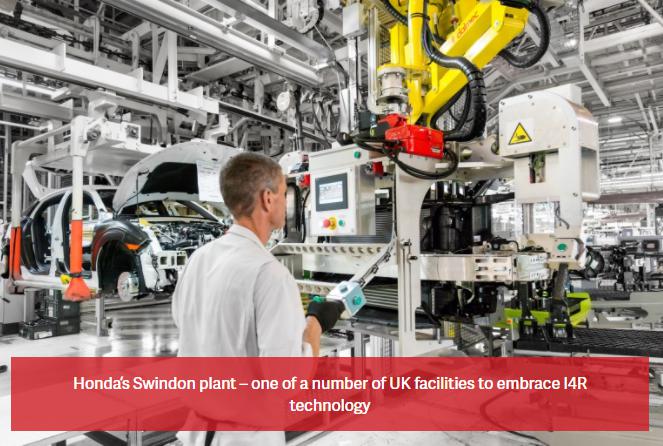According to foreign media reports, most car companies are actively adopting Industry 4.0 standards. As a result, major parts suppliers are not far behind and strive to achieve the digital manufacturing required by Industry 4.0. The transition to “digital factory†is not as easy as the industry expects, and it requires a lot of investment to replace the existing system with the technology and equipment required for the Fourth Industrial Revolution (4IR). Many engineers believe that to achieve this transformation, it will take at least several years. However, some people think that the fourth industrial revolution is very attractive to engineers in the automotive industry, which is mainly reflected in short-term goals, including the use of numerical control systems, to improve the performance of a specific stage of the manufacturing process, rather than replace the entire production line . In the vehicle assembly process, this method can be used to monitor the operation of the robot. The factory can use an affordable, discrete digital controller that uses microwaves to analyze potential faults and perform appropriate processing before the robot's performance is affected. During operation, if a potential performance problem is identified, the engineer may choose to run a diagnostic inspection or perform an overall assessment. This kind of light touch is an efficient, low-cost improvement program that is currently in Japan and Used by Asian car companies. Engineering managers can use the captured or created executable data to remotely monitor the plant's production operations. An M2M portal has been introduced to provide links to allow engineers to remotely monitor their device operations via smartphones or tablets. This method eliminates the need for large-scale systems and reduces the amount of investment needed to maintain world-class plant operations. Industry 4.0 not only improves production efficiency, but also provides system monitoring and improves product quality. In addition, it can also achieve large-scale on-demand production. If the auto industry adopts digitalization, it will see more software-oriented focus in the future, and the investment direction will no longer be presses and molds, providing more diversified customization projects for auto companies. Many large car companies have started to use Industry 4.0, and Tier 1 and Tier 2 suppliers should follow suit and begin to transition to digital production. Otherwise, they will lose their competitive advantage. It is advisable to begin with digital improvements on a small scale instead of replacing the entire production system. Although in the short term, the method of digital transformation of existing processes seems impractical, but it will help enterprises to take advantage of future competition. we are OEM tubing pipeline factory ,we could produing what you need ,for car use ,waiting for your request in anytime. Polyamide brake tube,PA corrugated tube, Automobile wire tube JiLin TAIYU Technology Manufacturing Co., LTD , https://www.fpcpfuelpipe.com
We Can provide customers with customized services
Auto parts companies also need to follow Industrial 4.0 remote CNC or entry point
Core Tip: According to foreign media reports, most car companies are actively using the Industry 4.0 standard. As a result, major parts suppliers are not far behind and strive to achieve the digital manufacturing required by Industry 4.0. However, some people think that the fourth industrial revolution is very attractive to engineers in the automotive industry, which is mainly reflected in short-term goals, including the use of numerical control systems, to improve the performance of a specific stage of the manufacturing process, rather than replace the entire production line . Many large car companies have started to use Industry 4.0, and Tier 1 and Tier 2 suppliers should follow suit and begin to transition to digital production. Otherwise, they will lose their competitive advantage.